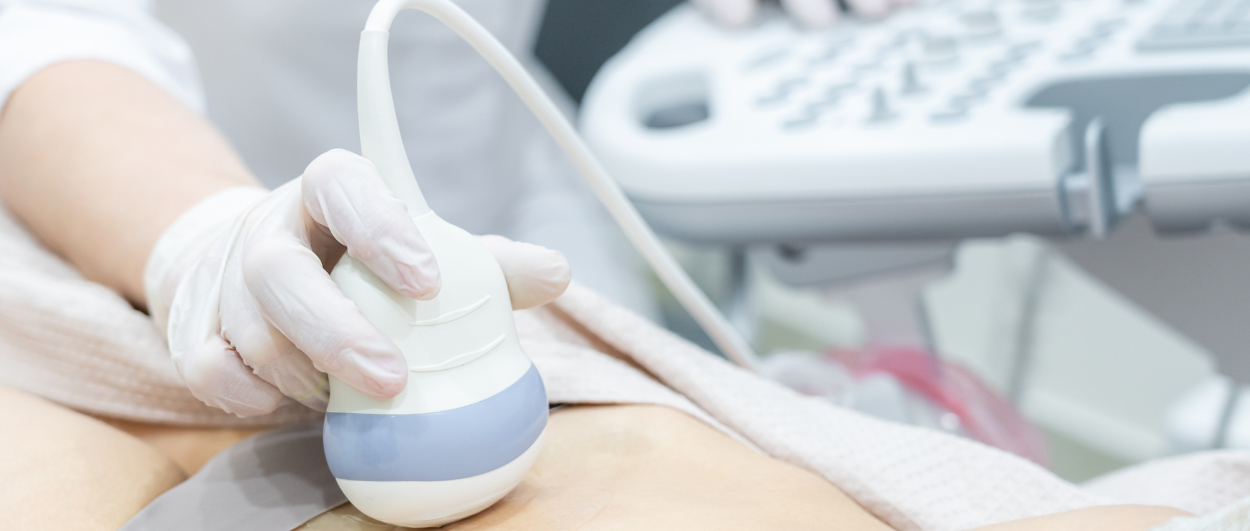Egg freezing, or oocyte cryopreservation, has become an increasingly popular option for women looking to preserve their fertility. Whether for personal, medical, or career-related reasons, freezing eggs offers a way to take control of your reproductive timeline. But how do you know if it’s the right choice for you?
Here, we’ll explore when to consider egg freezing, the factors that may influence your decision, and what you need to keep in mind before taking this significant step.
1. Why Consider Egg Freezing?
Egg freezing provides women with the opportunity to store healthy eggs for potential future use. This can be particularly appealing in situations like:
- Delaying Parenthood: Career goals, personal circumstances, or the desire to wait for the right partner can delay starting a family. Egg freezing allows you to preserve eggs from a time when fertility is typically higher.
- Medical Reasons: Women undergoing treatments like chemotherapy, which may harm fertility, can freeze eggs beforehand as a safeguard.
- Early Signs of Declining Fertility: If tests show a diminished ovarian reserve or other indicators of early fertility decline, freezing eggs can help secure options for the future.
- Genetic Risks: If there’s a family history of conditions like premature ovarian failure, egg freezing might help mitigate future challenges.
2. When Is the Best Time to Freeze Eggs?
Age is one of the most critical factors when it comes to egg freezing. Fertility begins to decline in a woman’s late 20s and accelerates after age 35. Experts generally recommend freezing eggs before your mid-30s for the best results.
- Optimal Age: Between 25 and 35 is considered the ideal window for egg freezing because eggs are most viable during this period.
- After 35: While still possible, egg quality and quantity decline with age, which may reduce the chances of success. If you’re over 35 and considering egg freezing, consulting a fertility specialist can help determine if it’s a viable option.
3. Factors to Consider Before Freezing Eggs
Egg freezing is a significant decision that involves medical, financial, and emotional considerations. Here’s what to think about:
a) Your Fertility Health
Before freezing eggs, you’ll undergo an evaluation to assess your ovarian reserve and reproductive health. Tests like AMH (anti-Müllerian hormone) levels, antral follicle count, and hormone analysis provide insights into your current fertility status.
b) Your Goals
Clarify your reasons for freezing eggs. Is it for medical protection, career flexibility, or as a backup plan? Understanding your motivations can help guide your decisions.
c) Costs
Egg freezing can be expensive, with costs typically ranging from £6,000 to £6,500 per cycle, plus annual storage fees. Private health insurance or employer fertility coverage varies, so it’s essential to explore what’s included under your policy and plan for any out-of-pocket expenses.You can discuss finance options with your fertility specialist is this is something that is of interest to you.
d) Success Rates
While egg freezing offers hope, it’s not a guarantee of future pregnancy. Success depends on factors like your age at freezing, your egg quality, and your overall health. Discuss success rates with your fertility specialist when making initial enquiries to set realistic expectations.
e) Emotional Readiness
The process of egg freezing involves hormonal injections, medical procedures, and potential side effects. It can also be emotionally taxing, particularly when considering the uncertainty of future outcomes. Counseling or support groups may help.
4. The Egg Freezing Process
Understanding what the process entails can help you feel prepared:
- Initial Consultation: Your fertility specialist will assess your medical history and fertility health.
- Ovarian Stimulation: You’ll take hormone injections for about 10–14 days to stimulate egg production.
- Egg Retrieval: Eggs are collected through a minor surgical procedure under sedation.
- Cryopreservation: Mature eggs are frozen and stored for future use.
The entire process typically takes two weeks.
5. Long-Term Considerations
Egg freezing doesn’t stop the natural ageing process, and your fertility will continue to decline over time. However, frozen eggs remain the same biological age as when they were preserved.
- Storage Duration: Eggs can remain viable in storage for many years, though most clinics recommend using them within 10 years.
- Future Use: When you’re ready to conceive, frozen eggs can be thawed, fertilized, and implanted via in vitro fertilization (IVF).
6. Alternatives to Egg Freezing
While egg freezing is an excellent option for many, it’s not the only one. Alternatives to consider include:
- Embryo Freezing: If you have a partner or are using donor sperm, freezing embryos may offer higher success rates than freezing eggs.
- Ovarian Tissue Freezing: For women unable to undergo egg retrieval (e.g., prepubescent girls or those needing urgent cancer treatment), this is an emerging option.
- Living in the Present: Not everyone will need to freeze eggs. If you’re healthy and ready to start trying for a baby naturally, that may be a better path for you.
7. Is Egg Freezing Right for You?
The decision to freeze eggs is deeply personal. Consulting a fertility specialist with experience in this area can provide clarity, as they’ll evaluate your medical history, age, and family-building goals.
- Support System: Having a support network of friends, family, or a partner can help make the process smoother.
- Stay Informed: Read about others’ experiences and stay up-to-date on advancements in reproductive technology to make an informed decision.
Conclusion
Egg freezing offers women the chance to preserve fertility and take control of their reproductive futures. By considering factors like age, health, finances, and long-term goals, you can decide whether it’s the right step for you. Remember, while egg freezing provides peace of mind, having realistic expectations and consulting trusted medical professionals to guide you through this transformative journey is essential.
Want to discuss Egg Freezing?
Why not book an Advisory Call with our specialist, Dr Irfana Koita, to learn more about the process?






